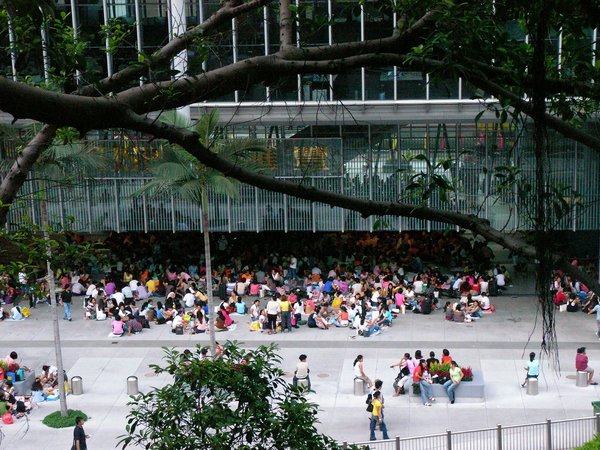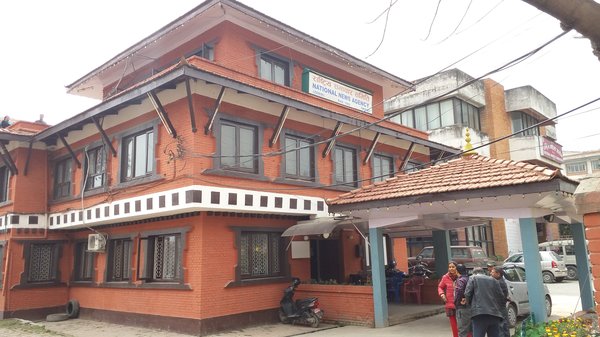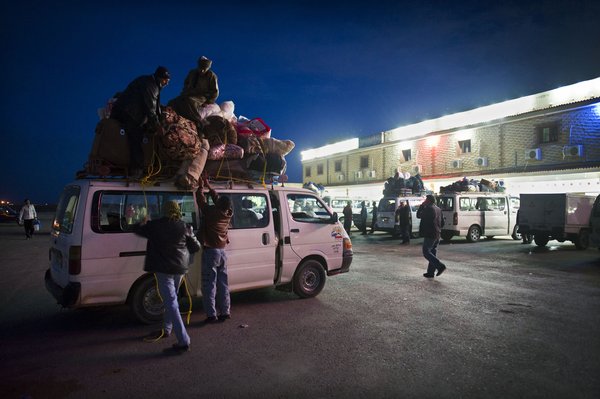
2016-12-12 Kathmandu - Migration Resource Center (Niyama). Visa applicants wishing to go abroad. Nepal. Photo Marcel Crozet / ILO.
This article was published by the International Migration journal. Please find the original post here.
Abstract
This article aims to contribute to labour recruitment policy by demonstrating the relations between cross-border mobility and inequality through the lens of migration intermediaries. Drawing on thematic analysis of the MIDEQ project's in-depth interviews with Nepalese labour migrants (n = 20) in Malaysia, this research reveals the range of migration intermediaries along the recruitment chain, and shows contradictory roles played by migration intermediaries: they help migrant workers access employment and other opportunities thus overcoming inequality in mobility, whilst simultaneously reproducing socio-economic inequalities and the unequal power relations experienced by migrants. Hence, we identify a “middle space effect” that links migration processes with migration outcomes, reconstructing socio-economic inequalities in mediated migration. We highlight the role of state policies regarding migration and labour in co-producing such inequalities, and the embeddedness of middle space intermediaries in unequal global power dynamics, and we offer policy suggestions on regulation of labour recruitment and employment.



